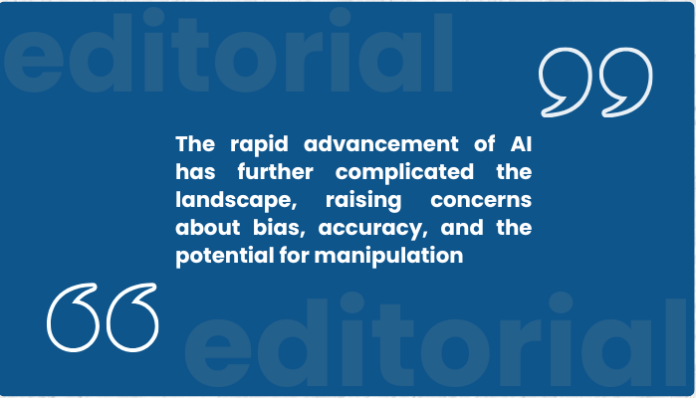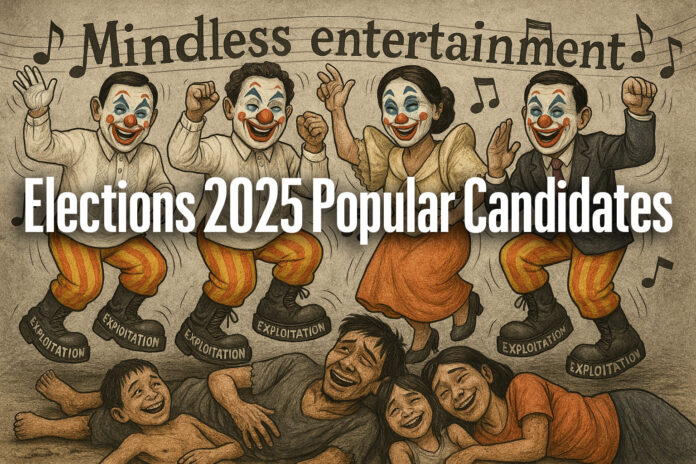TODAY, journalists in all habitable continents celebrate the basic principles of press freedom, easily understood as the right of journalists and news organizations to publish information, opinions, and ideas without government interference or censorship.
It essentially means the ability to report news and express opinions freely without fear of being controlled or punished by the government.
World Press Freedom Day began to be celebrated every year on May 3 after being proclaimed by the UN General Assembly in December 1993, an action which chased a recommendation from the UNESCO General Conference.
The date marks the anniversary of the Windhoek Declaration, a call for media pluralism and independence by African journalists in 1991.
The Windhoek Declaration, a statement of press freedom principles adopted in 1991 by African journalists during a UNESCO seminar in Windhoek, Namibia, championed the importance of a free, independent, and pluralistic media and is considered a benchmark for press freedom globally.
World press freedom gets under sharper focus in this stretch of the digital age because of the emerging wider use of artificial intelligence or AI, plainly the ability of a computer or computer-controlled robot to perform tasks commonly associated with the intellectual processes characteristic of humans, like the ability to reason.
The widespread use of AI in journalism newsrooms, a major acceleration perceived since 2020, has gradually increased, with observations by seasoned journalists it may have impacted on truth and accuracy.
In the digital age, press freedom faces new challenges and opportunities.
While the internet and social media offer avenues for wider dissemination of information and increased citizen engagement, they also present risks like the spread of misinformation, censorship, and the erosion of trust in traditional media outlets.
Experienced news executives say the rapid advancement of AI has further complicated the landscape, raising concerns about bias, accuracy, and the potential for manipulation.
For its part, the Philippine government rests on the Constitutional assurance that no law shall be passed abridging the freedom of speech, of expression or of the press which it says is essential to country’s history and a significant ingredient of Philippine nationhood.
However, critics have raised concerns on the practical application of these guarantees.
We are glad the government’s Department of Information and Communications Technology has teamed up with Google Philippines public policy and government relations to coordinate for stronger online safeguards, smarter artificial intelligence tools and digital empowerment nationwide.








